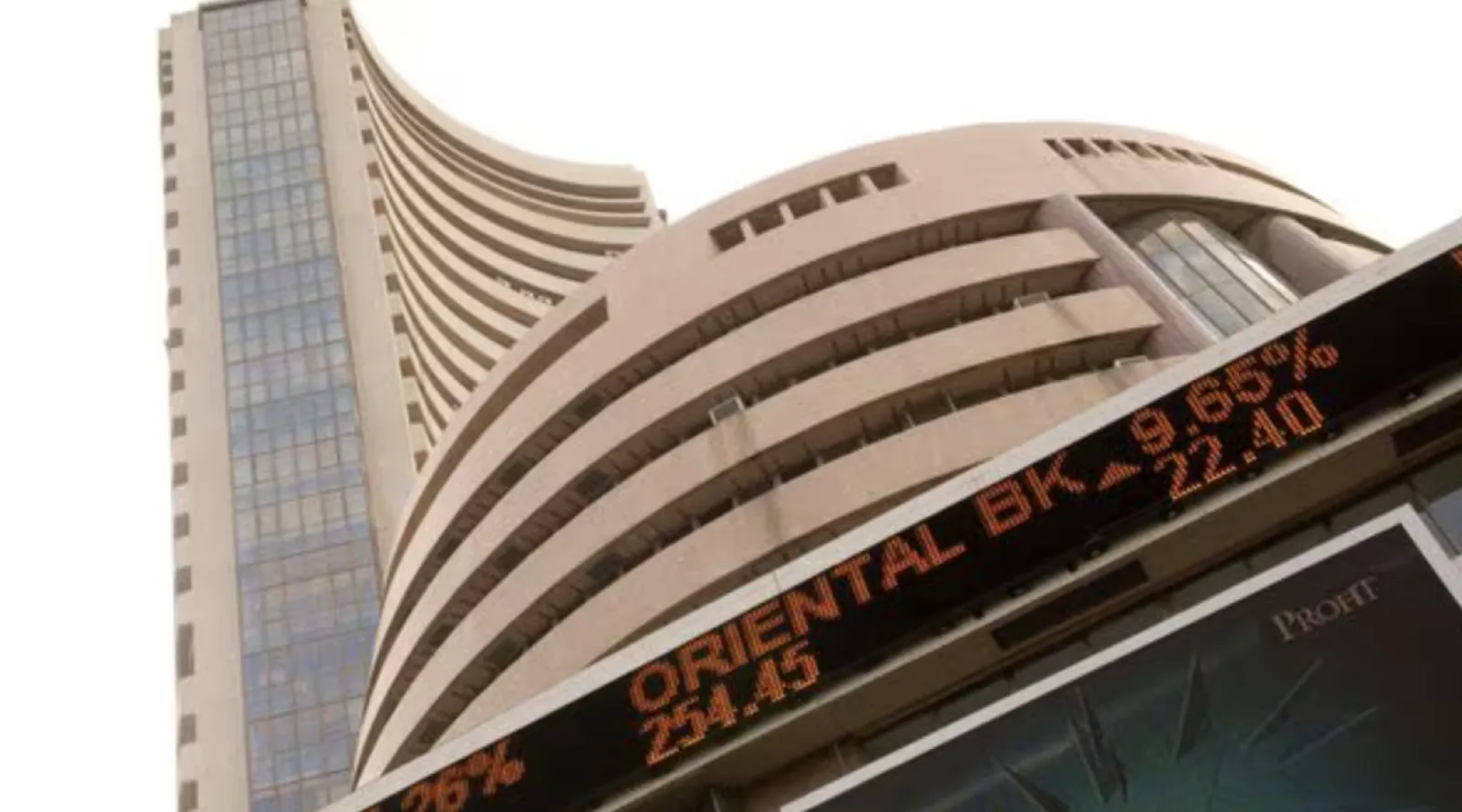Investment-savings: NSE-BSE have fallen by 14%; opportunity to return to the market, good shares at cheap prices
Investment-savings: The one-sided sell-off in the domestic stock markets since October last year has completely broken the investors. Even after some major factors like budget and repo rate cuts, there has been no improvement in the market movement. But, now is the opportunity to return to the market and also the time to slowly assess the purchases.

The decline in the Indian stock markets as well as the international markets, which started in the third quarter of last year, has forced retail investors to offload stocks at a loss. The situation is that currently, the portfolio of the majority of the investors has fallen into loss, which was in good profit before October. The market was at its peak at that time and investors were assuming that this momentum would continue. But, as cricket is a game of uncertainties, in the same way, the market never moves in a straight line. So, getting out of the market at an average profit, and looking at the opportunities, becomes the right move.
Both the major indices of the Indian market, NSE and BSE, have fallen by about 14 percent from their peak in September last year. During this period, even big and good stocks were badly beaten. In such a situation, analysts advise that the market has reached a level from where some buying can be done because good stocks are now available at cheaper prices. The condition of some stocks is such that they have fallen by 50 percent from their peak. However, if the companies are better, they will definitely come back later.
Last week, 400 small-caps have given a loss of up to 53 percent. In the boom of the market, small-caps and midcaps had made investors rich. Now they are the ones who are reducing the most capital. Major stocks in this include Suratwala Business, Best Agrolife, D Development, and PTC Industries.
Market experts and big fund managers are also trying to decide when to start buying. Fund houses are sitting on a lot of cash at this time. They had reduced their investments last year sensing the market's decline. Now they can use that cash to buy cheap shares in the market's decline. However, they are still not completely sure about the stock market. In such a situation, instead of investing lump sum money in the market, they are planning to invest gradually on opportunities. However, it would be better for retail investors to adopt a 'watch and wait' strategy for some time.
In fact, when the markets collapsed in 2020, one of the major reasons was that there was corona at the global level. But, this time there is no such reason, except for US tariffs and heavy selling by global institutional investors. In such a situation, this time the situation is worse than that time, because no one knows when the tariff war and the selling by foreign investors will end.
Foreign institutional investors (FIIs) have sold a record Rs 1.13 lakh crore worth of shares in the Indian market so far this year. This much was not sold even in the beginning of Corona i.e. in March and April of 2020. This time, shares worth 82 thousand crores were sold in January and 31 thousand crores in this month. The maximum shares worth 55 thousand crores were sold of financial services companies. This is the reason why the shares in this sector have fallen the most.
The effect of FIIs' selling has been that the National Stock Exchange (NSE) Nifty has fallen by four percent in just 54 days this year. Analysts say that FIIs are currently investing money in China because the valuation there is cheap. The government there is taking many measures to attract FIIs. The effect of this was that China's market capitalization has increased by Rs 170 lakh crore since October. During this period, the capitalization of the Indian market has fallen by about 78 lakh crores.
For Latest News update Subscribe to Sangri Today's Broadcast channels on Google News | Telegram | WhatsApp





































.jpeg)















































































.jpeg)














